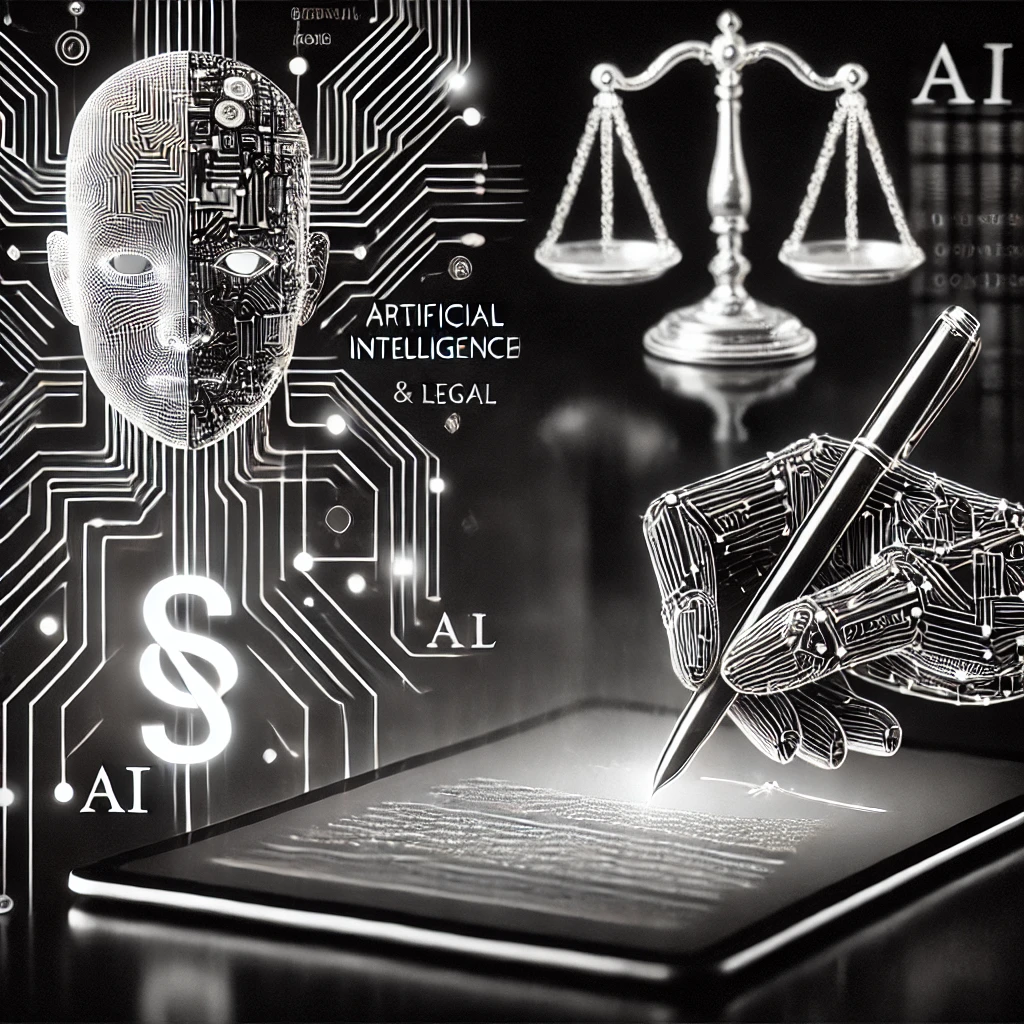Artificial intelligence (AI) is rapidly changing the business landscape. What seemed like a futuristic concept just a few years ago is now a daily reality in sectors such as commerce, logistics, and financial services. One of the most disruptive developments is automated contracting: the use of algorithms and AI systems to negotiate and formalize contracts without direct human intervention. This innovation promises to increase efficiency and reduce operating costs, but it also poses significant legal challenges that companies should approach with caution.
From a Spanish commercial law perspective, automated contracting raises several critical questions: How is a contract negotiated and concluded by an algorithm validated? What happens if a system error causes harm to one of the parties? How can companies comply with applicable regulations?
In this article, we break down the main legal challenges posed by automated contracting and offer practical solutions so that companies can benefit from AI without exposing themselves to unnecessary risks.
1. Validity of Automated Contracts
Spanish law, like other European legal systems, does not specifically regulate contracts concluded by AI systems. However, the general principles of contract still apply: for a contract to be valid, it must meet the requirements of consent, object, and cause.
The challenge here lies in determining consent. In traditional contracting, the consent of the parties is clear; but when an algorithm automates the process, the question arises as to how much the consent can be attributed to the human or legal entities controlling the system.
Solution:
Companies that use automated contracting systems must implement measures to ensure that the contracts generated by AI accurately reflect the parties’ intent. This can be achieved through explicit contractual clauses that recognize the use of AI and ensure that automated decisions are within the parameters previously agreed upon by the parties. Additionally, contracts should be reviewed and ratified by responsible individuals to ensure their validity.
2. Liability in Case of Errors
Another key aspect is liability if the AI system makes an error that results in economic or other harm to one of the parties. Who is liable in such cases? In traditional commercial law, liability rests with the party that caused the damage by action or omission, but when AI acts autonomously, this becomes more complicated.
For example, if an algorithmic error leads to the signing of a contract with incorrect terms or an incorrect offer, it can be difficult to determine whether the fault lies with the software developer, the service provider, or the company using the AI.
Solution:
It is crucial that companies implementing AI in their contracting processes include clear liability clauses in their contracts and adopt specialized insurance policies to cover potential errors or system failures. Additionally, companies should conduct regular audits of their algorithms to identify potential errors before they cause damage. In some cases, contracting AI services under Software as a Service (SaaS) models allows part of the liability to be transferred to the technology provider.
3. Compliance
The use of AI in contracting also presents a challenge in terms of compliance. Algorithms, if not properly designed, can generate biased or discriminatory results. This not only has legal consequences but can also damage the company’s reputation and erode trust from clients and business partners.
Solution:
To mitigate these risks, companies must implement AI-specific compliance programs and establish internal policies that ensure adequate control over the operation of algorithms so that they do not act in a discriminatory manner or violate fundamental rights. In addition, it is essential for companies to adopt transparency policies, informing their clients/customers and partners about the use of AI in their operations and allowing them to challenge automated decisions that may affect them negatively.
4. Future Regulatory Framework
At the European level, proposals are already being developed to explicitly regulate the use of artificial intelligence, such as the European Union’s Artificial Intelligence Act, which aims to create a legal framework that balances innovation with the protection of fundamental rights. This regulation is expected to have a significant impact on the use of AI in companies, particularly in automated contracting.
Solution:
It is important for companies already using AI in their contracting processes to closely follow legislative developments in this area. Anticipating regulatory changes will allow companies to adapt more quickly to new regulations, minimizing risks and maintaining a competitive advantage.
Conclusion
Automated contracting through artificial intelligence offers companies enormous advantages in terms of efficiency and competitiveness. However, it also poses a series of legal challenges that must be proactively addressed. From contract validity to liability for errors and regulatory compliance, companies using AI must have the proper legal advice to use this new environment safely.
At our law firm, we are experts in commercial law and help companies take advantage of the opportunities offered by artificial intelligence while minimizing legal risks. If your company is exploring the use of AI in its commercial processes, do not hesitate to contact us. We will help you find solid legal solutions and keep your business compliant with current regulations.












